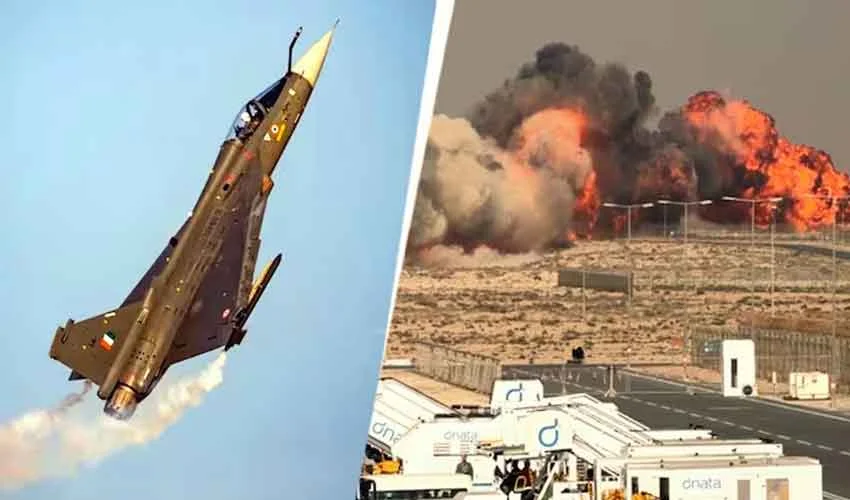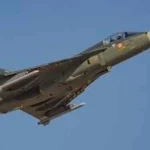defense-sectorIndia’s defence manufacturing ambitions have come under renewed scrutiny after the HAL Tejas fighter jet crashed during a high-profile demonstration at the Dubai Airshow. Defence specialists say the incident has delivered a serious blow to the country’s indigenous combat aircraft program and its hopes of securing international buyers.
Military analyst Zaighan Khan argued that the crash exposes deeper, long-standing flaws within India’s defenseprogram production framework. Referring to earlier statements by India’s air chief, he suggested that the current manufacturing and procurement standards “still fall short of what is needed for producing a modern frontline fighter jet.” Khan warned that the event may significantly weaken export prospects for the Tejas, which India has been promoting as a competitive lightweight fighter.
He added that the mishap has again thrust India’s defensedefence-sector vulnerabilities into the global spotlight, including recurring claims of corruption and inconsistencies in quality control.
defense-sectorRetired Brigadier and defense analyst Masood Khan echoed similar concerns, saying the crash has dented India’s credibility in military aviation—especially at an event showcasing more than 200 aircraft. He pointed out that images circulating days before the accident allegedly showed oil leakage from a Tejas unit, prompting public doubts about the aircraft’s build quality. According to him, the lack of visible corrective action only intensified criticism, making the Dubai crash “the final nail in the coffin” for India’s self-projected role as a regional defensedefense leader.
#TejasCrash #IndianDefense #DubaiAirshow #MilitaryAviation #TejasFighter #DefenseIndustry #GlobalSecurity







